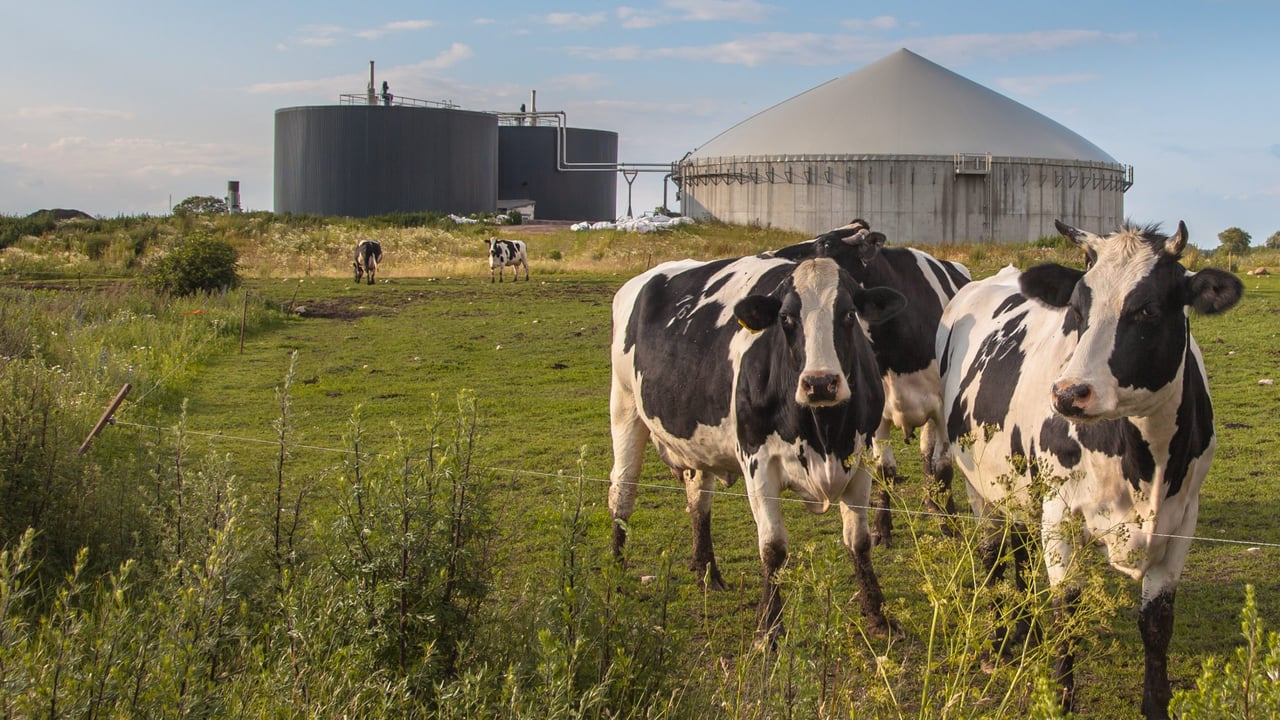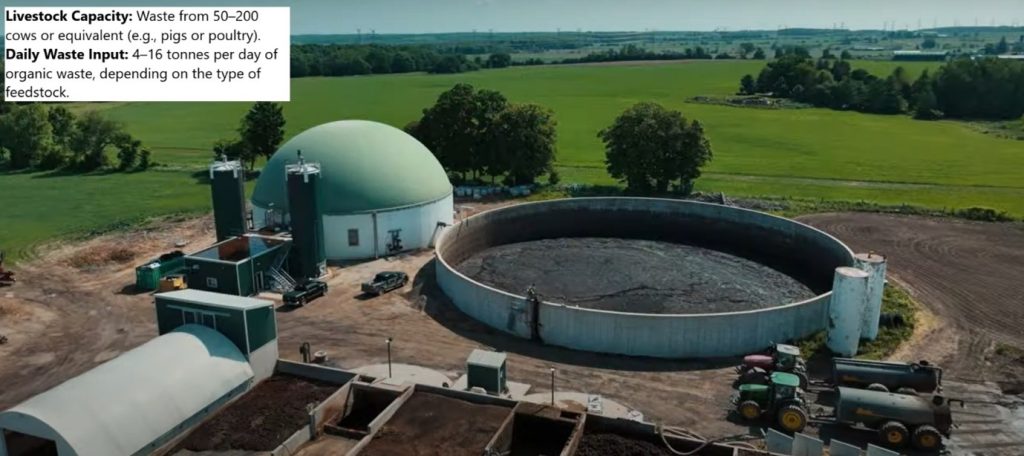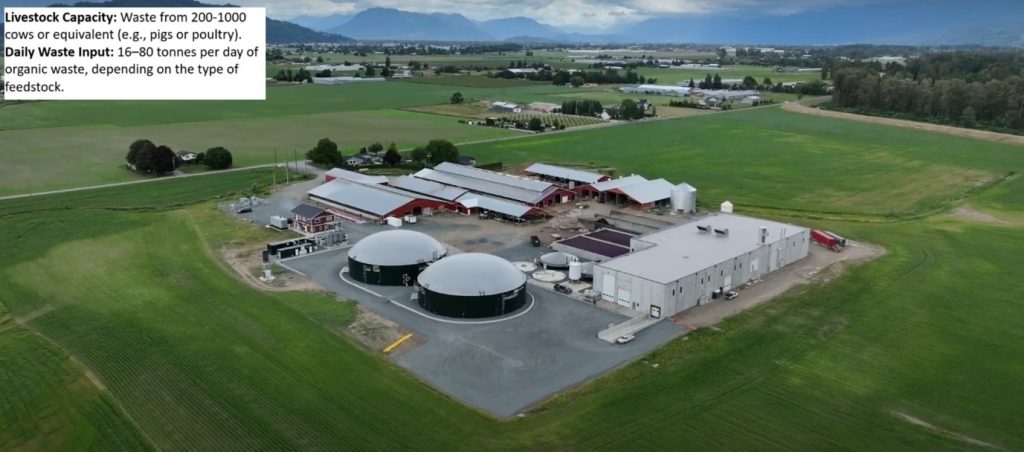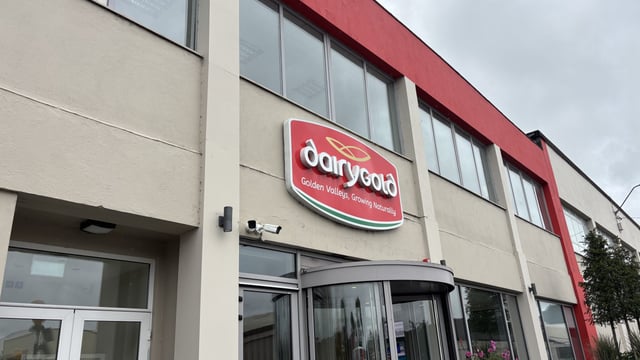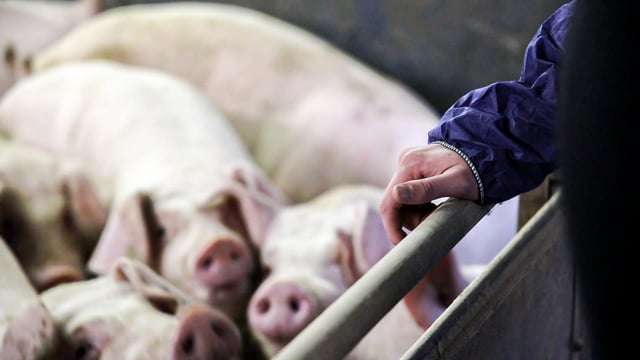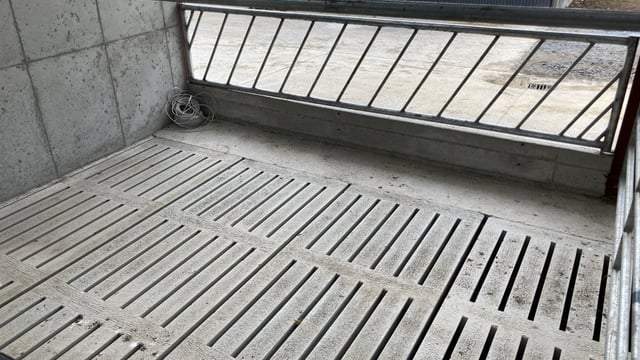Sponsored Article
Want to win 2 tickets to this year's National Dairy Show?
Sponsored Article
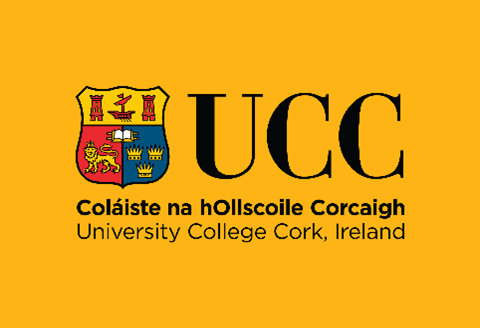
University College Cork (UCC) is seeking the views of farmers after their study showed strong public support for on-farm anaerobic digestion.
Anaerobic digestion is the process which converts organic waste such as slurry and manure to biogas and biofertiliser.
Biogas can be converted into energy to power farms.
There are significant environmental benefits from this process in terms of reducing greenhouse gas emissions, replacing fossil fuels and supporting nutrient recycling.
There are also potential local economic benefits in terms of job creation, farmer income diversification, and stimulating local economies through supply chain participation.
From an Irish perspective, it supports Ireland’s climate goals by reducing methane emissions and fossil fuel reliance. Agriculture is projected to contribute 37.8% of Ireland’s greenhouse gas emissions by 2030.
A new study from UCC has found robust public support for farmer-led anaerobic digestion in Ireland, signalling a clear opportunity for farmers to take a leading role in Ireland's renewable energy future.
The national study, which gauged public attitudes towards anaerobic digestion, found that Irish citizens are overwhelmingly ready to get behind projects that are community-focused and farmer-led.
At present, Ireland has 43 anaerobic digestion facilities producing 580GWh of biogas annually for power and heat generation.
The feedstock for these biogas plants includes landfill waste, municipal solid waste, sewage waste, and animal slurries.
In the UCC study, small or medium-sized anaerobic digestion plants led by farmers and supported by communities were significantly more popular than projects run by large, private corporations, signalling a clear desire for grassroots, locally-led approaches to green energy.
This significant public backing creates a unique opportunity to develop a robust, farmer-centred anaerobic digestion industry, building new, diversified income streams for Irish farms while tackling energy security, critical climate challenges, and waste management challenges.
This public mandate offers the prospect to scale up anaerobic digestion in Ireland while creating more sustainable on-farm enterprises.
Researchers from UCC now want to hear the views of farmers.
A new national farmer survey has been launched to capture the invaluable knowledge and perspective of the agricultural community.
The data gathered from this survey will be used directly to help shape the policies that will govern the future of anaerobic digestion in Ireland.
To make your voice heard and define the future of on-farm energy in Ireland, please complete this vital survey.
Two lucky respondents will win two tickets and one night’s accommodation to the National Dairy Show.
This research forms part of the CABBBIE project, led by MaREI, the Research Centre for Energy, Climate and Marine research at UCC.
Cascading Biomethane Biochemicals & Biofertiliser Systems for a Circular Bioeconomy in Ireland (CABBBIE), is supported with financial contribution from the Sustainable Energy Authority of Ireland and the Department of Agriculture, Food and the Marine under the SEAI Research, Development & Demonstration Funding Programme 2022. Grant number 22/RDD/819.
Sponsored Article


